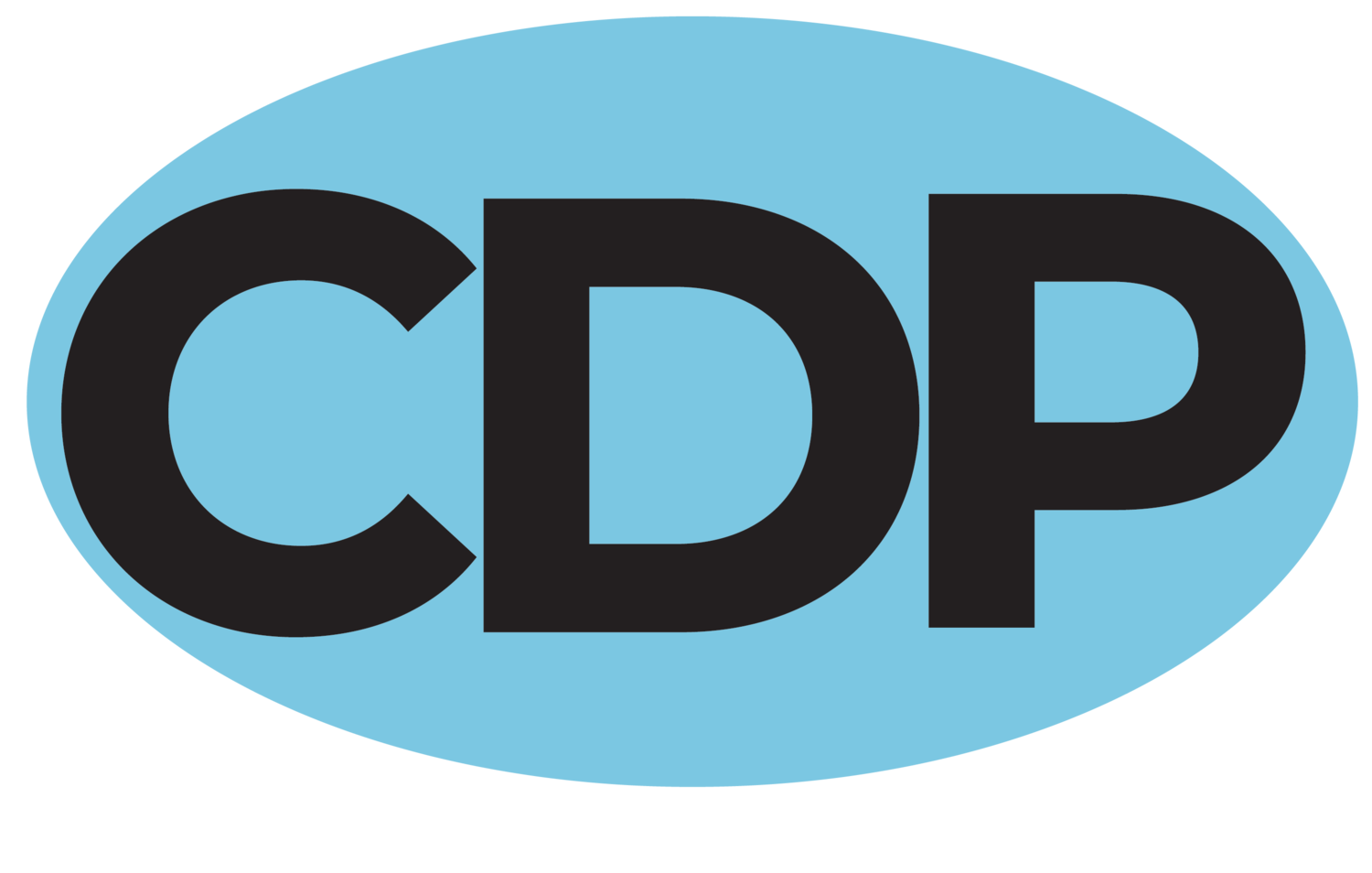Excerpts Series: Understanding the Charity Ladder
One of the questions that pops-up when we think about the motivations behind giving, especially when we talk about the motivation of giving in the U.S. because every culture is a little bit different, is — is charity a selfish act? Is me giving to someone, somewhat about myself? Am I giving because I want to feel good?
Is charity a selfish act? Do we ever think about that?
When we think about the way that we relate to donors do we assume that they need those warm fuzzies? Do donors need to feel like what they gave was the right thing? Is it about them or is it about the act of giving? This is an interesting question to consider.
Do people give because of how it makes them feel?
And to what extent, as a nonprofit, do we care about that?
Some things to think about and consider as we look at the subject of charitable contributions and dive in to the discussion about the Charity Ladder.
Maimonides
This particular session is based on the work of Maimonides. There is a book called, Rambam’s Ladder, (Rambam is another name given to Maimonides) which is a really easy read and a quick way to absorb this subject. The eight rungs are pretty straightforward and we’re going to walk through those a bit later in this training.However, if you want to read further about this particular subject, Rambam’s Ladder is a nice read.
Maimonides (1135-1205) was a Jewish philosopher, physician and astronomer. He is considered a strong contributor to Jewish scholarship. As a philosopher, Maimonides asked many probing, thoughtful questions. As he studied for answers, he took the work of the Talmud and put it into these eight rungs. This is why he’s credited with these eight rungs of the Charity Ladder, even though his work is based on a greater work.
The basis of his work is that he believed that good people, or righteous people, give and that this is a basic life requirement — to do rightly by your fellow humans. This is the underlying theme of his work with the eight rungs and one that we’re going to explore in our training.
One quote attributed to him:
“We are obligated to be more scrupulous in fulfilling the commandment of charity than any other positive commandment, because charity is the sign of a righteous man.”
I really find this quote fascinating. Is the fact of giving to others, particularly when we talk about giving to the poor (because that is what all of this is pointing toward) not just giving to the causes we care about — is that kind of giving the sign of a righteous man? I think that’s really interesting to consider.
Tzedakah (pronounced seh-duh-kuh) in Jewish culture or the Jewish tradition is the concept of justice, fairness and righteousness. It has to do with giving — giving to the poor — but it’s out of this sense of “you should” or “you have to”. It is self-directed and expected that you are going to give to those who are poor.
It is not just giving because you feel like it. It’s not just about the benevolence of giving. It is about righteousness and fairness and sharing and having a sense of justice to those that you are giving to. So it is a much bigger and broader concept than the way that we in America think about charitable giving which is about giving out of our extra, giving out of our heart or giving because we’re benevolent.
This idea of Tzedakah is the righteous thing to do. It’s a required thing to do. It is the just thing to do. To give to the poor out of your earnings. So it’s about righteousness not just benevolence, which is really interesting.
Charitable giving is connected between this obligation of “you must” to be a good, righteous person and the fulfillment you get by doing the right thing.
So it’s an idea that’s bigger than just feeling. It’s about doing the right thing and then your feelings catching up with that as you mature as a person.
This is a great quote that fits perfectly with this concept:
“Judaism would love you to give 10 percent of your income each year from your heart. It suspects, however, that in a large majority of cases, were we to wait for people’s hearts to prompt them to give a tenth of their money away, we would be waiting a very long time. Ergo, Judaism says, Give ten percent- and if your heart catches up, terrific. In the meantime, good has been done.”
All of this background information sets the stage and will play into the different rungs that we will be talking about as we move forward in our training today.
Contact our office to find out more: Call 866.925.0237 or Email: info@communitydevelopmentprofessionals.com


